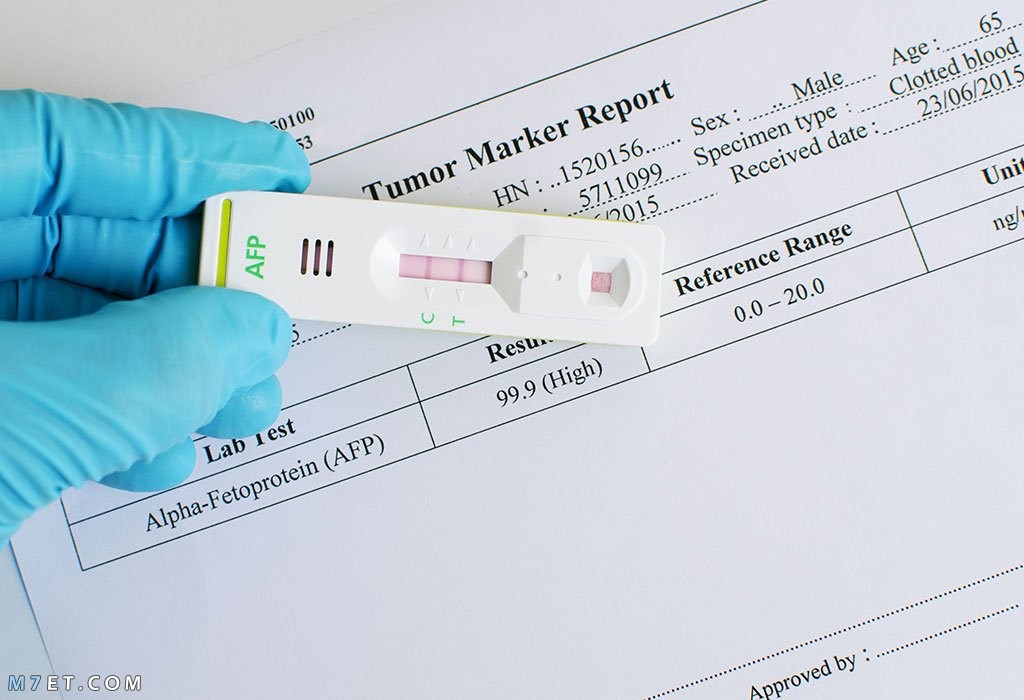running Mineral salts About 6% of the human body weight. It is one of the most important basic components of the body’s formation, because of its important role in completing the vital processes in the human body; It helps in metabolic processes thus giving the body the energy it needs. It also plays an important role in building bones, teeth, and muscles, in addition to enzymes and hormones, and by the grace of God, we can easily obtain them from air and food because of their importance.
benefits Mineral salts
for mineral salts A role that cannot be ignored in body processes and functions such as:
- Build and activate enzymes, hormones, and vitamins just as zinc, cobalt and iron do.
- They play an important role in building teeth and bones, as do calcium, phosphorous, and magnesium.
- Maintaining the appropriate pH of the body so that the individual does not experience an increase in pH or alkalinity.
- Balance the amount of water inside and outside the body so that the individual is not exposed to dehydration, as does sodium and potassium.
- Keep the heart rate and nerve impulse transmission at an ideal level just as calcium and potassium do.
- Assisting in the formation of tissues such as nerve tissue that contains phosphorous and muscle tissue that contains sulfur, all of which are soft tissues.
- Reducing the possibility of a person suffering from muscle cramps and contractions.
- Helping ease the contraction and relaxation of all kinds of muscles, especially the cardiac muscles.
An organism’s body needs Mineral salts In varying proportions, and these proportions must be maintained in the body in a state of equilibrium, because the increase or decrease in these proportions leads to an imbalance in the vital processes and to the infection of diseases.
to divide Mineral salts

Divided Mineral salts According to the percentage of its presence in the body and its need for it, it is divided into three sections:
main set:
- They are present in the human body in large quantities and used in many vital processes, namely: sodium, potassium, calcium, magnesium, phosphorous, chloride and sulfur.
middle group:
- They are found in the body and needed in medium quantities, such as: iron, nickel, cobalt, copper, manganese, iodine, fluorine, chlorine, zinc and chromium.
rare set:
- They are found in very small quantities in the body, such as: gold, silver, aluminum, arsenic, bromine, and bismuth.
You can learn about: The importance of vitamins and minerals in garlic
Rate Mineral salts the body and its importance
Those are the most important ratios Mineral salts And their locations in the body and their importance:
calcium (Ca)
Calcium is found in the body by 1 to 1.5 kg, where the bones and teeth contain 98% of this percentage, and the blood plasma contains about 9-11 mg of calcium per liter.
Calcium has many functions in the body, as it:
- It is included in the formation of calcium phosphate, which plays an important role in the formation of bones and teeth.
- It is included in the construction of DNA and RNA.
- Helps maintain normal blood pressure.
- Contributes to the absorption of iron in the small intestine, and the occurrence of blood clotting.
- It facilitates the process of muscle contraction and relaxation, and regulates the heartbeat.
sodium (Na)
Sodium is found in the body in the form of dissolved sodium chloride NaCl, which is about 105 g, and blood plasma contains 145 – 135 mm / l of it.
It is also one of the main elements in the body that performs many functions such as:
- Maintaining the acidity and alkaline ratio in the body.
- Assisting in the permeation of substances resulting from metabolic processes into cells through the cell membrane.
- Maintaining normal blood pressure (80-120 mm Hg in an adult)
- Participate with chlorine and potassium in the distribution of fluids in the body and prevent dehydration.
potassium (K)
The level of potassium in the blood is 3.6-5.5 ml / l in adults and 3.4 – 4.7 ml / l in children. Potassium is one of the Mineral salts which cannot be dispensed with is:
- Regulates the proportion of fluids in the body in combination with sodium and chlorine.
- Regulates heart rate and blood pressure in the arteries.
- It facilitates muscle contraction and relaxation as well as facilitating the transmission of nerve impulses from the nervous system.
- Equivalent to excess sodium in the body.
- It reduces the incidence of depression and stroke.
magnesium (Mg):
Magnesium is primarily needed by the body; It requires about 300 mg of it daily. Bones contain 50% of it, 49% of it is in tissue cells, and the remaining 1% is found in the blood.
Magnesium Functions:
- Controlling the level of cholesterol in the blood, as it increases the percentage of what is beneficial and reduces the percentage of what is harmful.
- It increases the rate of recovery after a heart attack, and prevents blood clots.
- It facilitates blood transfusion into the blood vessels by helping to relax the muscles around them.
- It has an active role in building protein.
You can learn about: Ways to get rid of excess body salts 2022
sources Mineral salts

We get our daily needs from Mineral salts From water, air and food, there are many foods that contain high levels of mineral salts, such as:
Beans and lentils:
- Which contain major minerals that the body needs in abundance in many vital processes: potassium, magnesium, iron, zinc and copper. It is also an important source of fiber and vegetable protein.
Nuts:
- It contains calcium, iron, magnesium, zinc and phosphorous, and it also lowers cholesterol, but you should pay attention to the amount you eat because it contains high calories.
Yogurt:
- It is one of the foods rich in phosphorous, potassium, magnesium and calcium, and skimmed and unsweetened yogurt are also recommended to avoid high calories.
fish:
- One of the most important sources that contain iodine, when you eat 85 grams of fish, it provides us with about 66% of the amount needed by the body.
Whole grains:
- It is a source of phosphorous, selenium, iron and zinc, in addition to providing us with carbohydrates fiber Such as: wheat, oats, and others.
Vegetables:
- They contain calcium, potassium, iron, zinc and copper, such as: kale, spinach, and others.
dried fruits:
- They contain potassium, copper and magnesium, and it should be noted that an excessive amount of them should be avoided for half a cup per day, because they contain high calories such as: raisins, apricots, prunes, dried figs, and others.
Mineral salts The compounds in drinking water
Some people think that it needs groundwater as a source for mineral saltsbut they are unaware that it may harm their health, as pure water does not contain mineral salts.
As the minerals that are found in the water happen to ionize, that is, the chemical bonds between the atoms are broken, becoming ions carrying negative and positive charges.
This causes great harm to human health, as these ions oxidize and react inside the body with other compounds.
This leads to a lack of oxygen in the body, which causes fatigue and tiredness, in addition to the production of new toxic compounds that harm the body.
loss Mineral salts In the body
Usually there is a deficiency of Mineral salts in the body due to the increased need of the body, or the inability of the body to absorb it, or the occurrence of An imbalance in the diet.
This causes many health problems in the body, for example:
Potassium deficiency shows symptoms such as:
- Feeling sick, tired, and cramps.
- Experiencing vomiting and nausea.
- Abnormal behaviors such as hallucinations and depression.
- Heart rhythm abnormalities.
- feeling numb
Symptoms of calcium deficiency are:
- feeling tired
- Dental changes.
- feeling depressed
- Bone fatigue.
- Muscle fatigue.
The symptoms of magnesium deficiency are:
- inability to eat
- Constant feeling of needing to sleep.
- Tendency to vomit and nausea.
- Feeling tired and tired.
You can learn about: Detoxing the body with water
deficiency treatment Mineral salts In the body
Diet change:
- This is because there may be a defect in the diet that led to this deficiency, and it must be changed in order to compensate for this deficiency by eating different foods.
Take nutritional supplements:
- In the event that changing the diet is not enough, the patient should be given nutritional supplements, which facilitate the absorption of minerals in the body.
emergency treatment:
- And in the case of severe deficiency, the patient must be given minerals and nutritional supplements intravenously in the hospital.
Therefore we find that Mineral salts It is of great importance in completing vital processes and preserving human life, so we see that major companies always indicate in their advertisements the percentages of minerals in them in order to increase their purchase percentage.
[ad_2]







